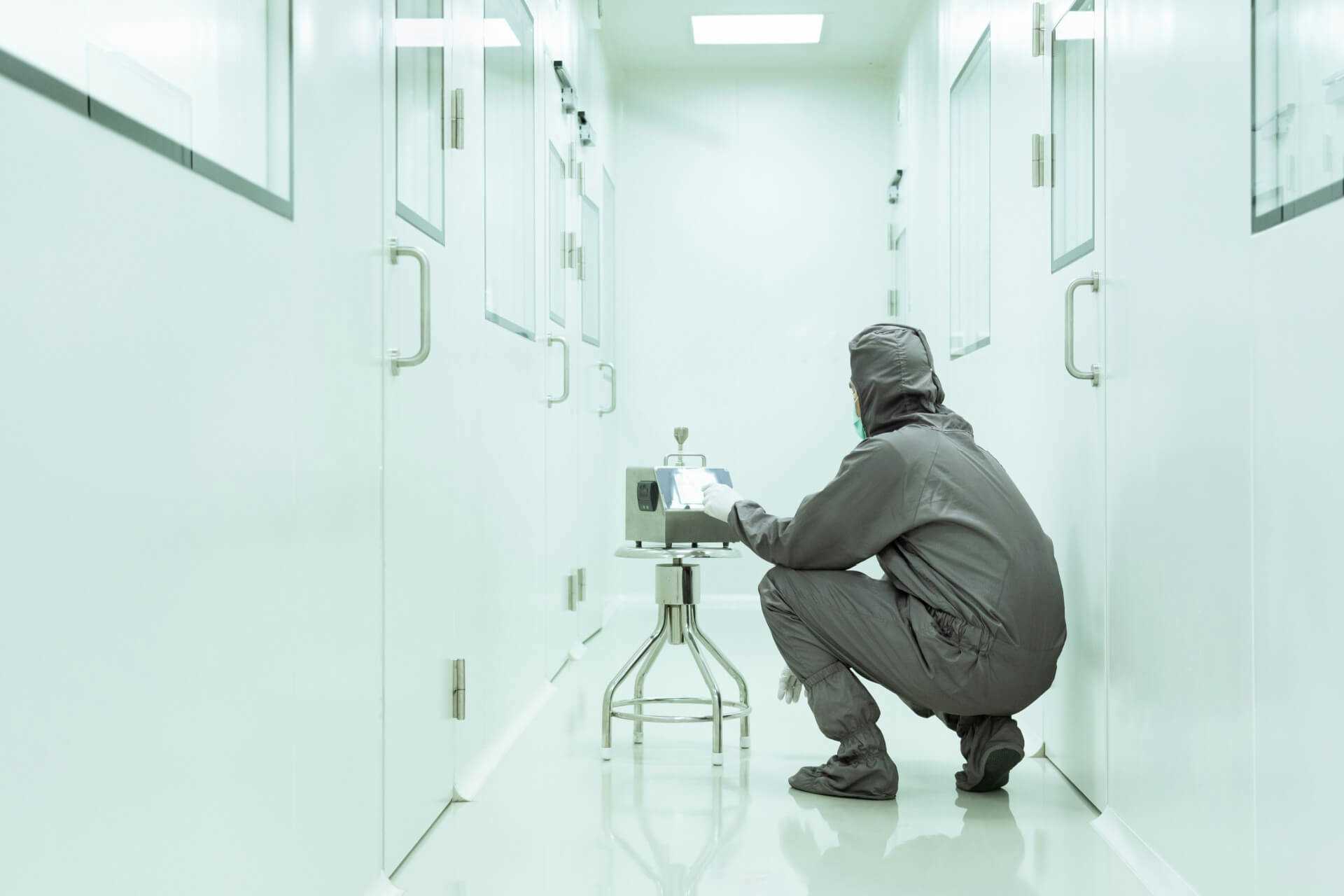
The Role of Cleanroom Certification in Industry Credibility
Cleanroom certification is a pivotal aspect of establishing and maintaining trust in industries that rely on controlled environments, such as pharmaceuticals, biotechnology, and electronics manufacturing. This certification not only confirms compliance with international standards but also signals to clients and regulators that a facility is committed to excellence and reliability. This blog post explores the process, benefits, and impact of cleanroom certification on industry credibility.
Understanding Cleanroom Certification
• Certification Standards: Cleanroom certification typically involves adherence to ISO 14644 standards, which specify the cleanliness levels of air and the number of particles permitted per cubic meter at a specified particle size.
• Certification Process: The process includes initial design and construction reviews, followed by rigorous testing of airflows, pressure differentials, filtration efficiency, and particle counts. Regular recertification is required to ensure ongoing compliance.
Impact on Industry Credibility
• Enhanced Trust: Certification provides tangible proof of a facility’s commitment to maintaining the highest operational standards, enhancing trust among clients, stakeholders, and regulatory bodies.
• Market Differentiation: Certified cleanrooms can distinguish a company from its competitors, highlighting a dedication to quality and safety that can attract more business and foster stronger partnerships.
Certification Agencies and Global Standards
• International Electrotechnical Commission (IEC) and Others: Besides ISO, several other bodies like the IEC provide certification standards and guidelines, contributing to a globally harmonized understanding and implementation of cleanroom requirements.
• Adapting to Regional Regulations: Facilities must also ensure their certifications align with regional regulations, which may have specific requirements beyond the international standards.
Benefits Beyond Compliance
• Operational Excellence: The process of achieving certification helps facilities optimize their processes and improve efficiency, often leading to reduced operational costs and less waste.
• Employee Morale and Engagement: Achieving and maintaining certification can boost employee morale and engagement, as staff recognize their role in upholding high standards.
Future Trends in Cleanroom Certification
• Integration with Sustainability Goals: As industries increasingly focus on sustainability, future certification processes may incorporate environmental performance metrics, combining cleanliness with eco-efficiency.
• Advanced Monitoring Technologies: The use of IoT and AI in cleanrooms might influence certification standards, requiring new protocols for continuous monitoring and data-driven compliance.
Cleanroom certification is more than just a compliance necessity; it is a strategic asset that enhances industry credibility, operational efficiency, and market competitiveness. By embracing rigorous certification processes, companies not only prove their dedication to quality and safety but also position themselves as leaders in their respective fields. Vibraclean helps clients navigate the complex landscape of cleanroom certification, ensuring they not only meet but exceed the stringent standards required to succeed in their industries.
